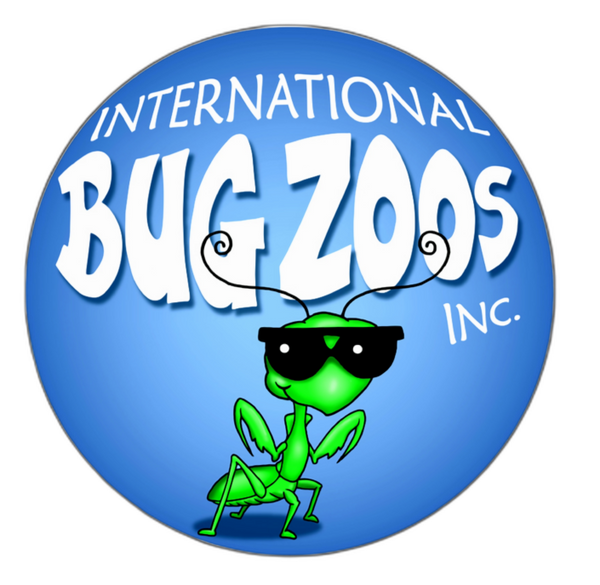Why don't ants ever get sick? Because they have little anty-bodies! The Bug Zoo welcomes you. Love bugs or hate 'em, they are a fascinating part of our glorious world. Spring is in the air, a time when the brown hues of our gardens burst into vibrant greens and colors, a period that's as much a renaissance for us as it is for the myriad of insects that play pivotal roles in our ecosystems. Today, let's dig into the soil of knowledge and unearth the buzzing wonders of entomology in spring gardening.
The Pollinators: Nature's Busy Gardeners
At the mention of pollinators, the industrious Apis mellifera (honeybee) often buzzes into mind, yet the pollination parade is much more diverse. From the humble bumblebee (Bombus species) to the dainty dance of butterflies (Lepidoptera order), these critters are the unsung heroes ensuring the fruitfulness of our gardens. Hoverflies (Syrphidae family), with their helicopter-like prowess, are also noteworthy as they feast on nectar while inadvertently dusting themselves with pollen and fertilizing plants in a true garden tango.
Decomposers: The Cleanup Crew
While decomposers might not win any beauty contests, their role in the garden is undeniably beautiful. Earthworms (Lumbricus terrestris) wriggle their way through the soil, aerating it and breaking down organic material, rendering it into fertile soil. Not to be outdone, the unsung heroes such as dung beetles (Scarabaeidae family) and various detritivorous insects also play their part in recycling nutrients, proving that beauty indeed lies in the eye of the beholder.
Pest Control: The Guardians of the Garden
Before you consider chemical warfare on garden pests, why not recruit an army of natural predators? Ladybugs (Coccinellidae family), with their appetite for aphids, and lacewings (Chrysopidae family), who feast on a variety of problematic pests, are nature's pest control agents. Entomologist E. O. Wilson once said, If all mankind were to disappear, the world would regenerate back to the rich state of equilibrium that existed ten thousand years ago. If insects were to vanish, the environment would collapse into chaos. This underscores the delicate balance maintained by these guardians, as they deter pests that would otherwise ravage our gardens.
The Soil Engineers: Earth's First Gardeners
Among the soil's residents, ants (Formicidae family) deserve a round of applause. By tunneling through the earth, they ventilate the soil and redistribute nutrients, acting as natural tillers. Their underground activities enhance soil structure, which is vital for plant growth. Essentially, ants are the unsung architects of our gardens, ensuring that the soil remains healthy and fertile.
Embracing Biodiversity in our Gardens
As gardeners, acknowledging and fostering biodiversity can transform our green spaces into thriving ecosystems. By planting a variety of florae, we not only beautify our surroundings but also provide habitats and food sources for these incredible insects. Additionally, opting for native plants can greatly enhance your garden's allure to local entomological species. The incredible tapestry of life beneath our feet and around us is a testament to the intricate dance of coexistence. Encourage these natural processes, and you might find that your garden not only blooms but flourishes in ways you never expected.
Stay curious, engage with the natural world, and remember, every insect has its role. Whether they're pollinating plants, decomposing organic matter, controlling pests, or engineering the soil, these tiny creatures are essential to the success of our gardens and, by extension, our survival. So, the next time you're out in your garden, take a moment to appreciate these remarkable beings and their tireless work. They are, after all, the true gardeners of Earth.
Thanks for reading and for LOVING Bugs too! Come back soon! If you found this article interesting, please share. Also, reach out if you have any questions, ideas for future blogs, or want anything related to entomology, eco-tourism, and the like! 📚🐛.
Click HERE to buy a Happy Bug Mug!
